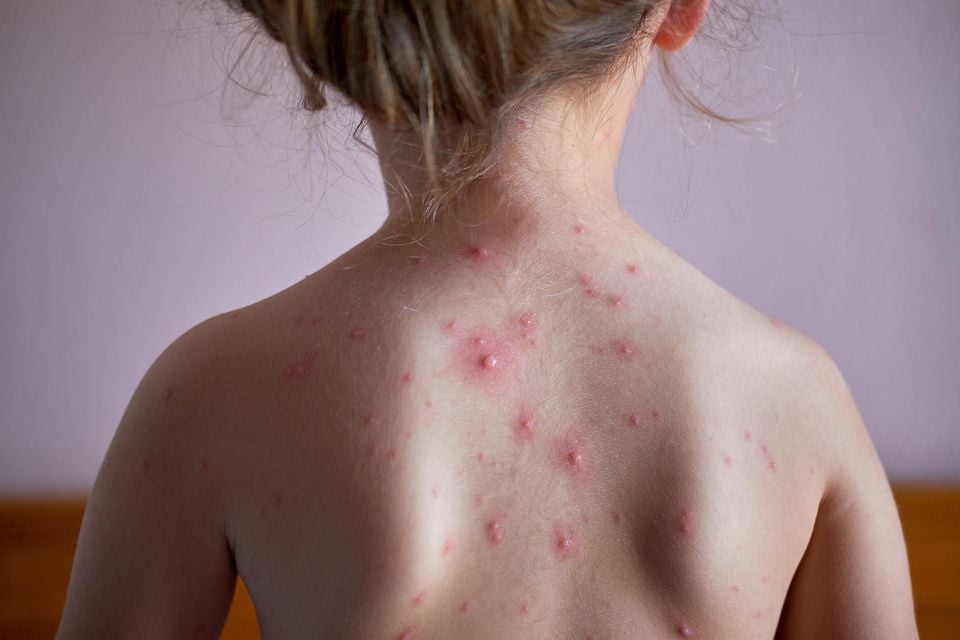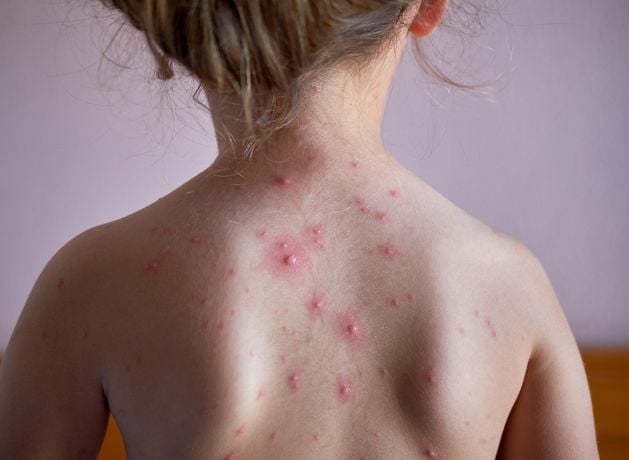As of January 2026, eligible children will be offered a combined vaccine for measles, mumps, rubella and varicella (the clinical term for chickenpox) as part of the routine infant vaccination schedule.
Health Minister, Mike Nesbitt, said NI is following in the footsteps of many other countries which offer the vaccine.
“We are empowering parents to safeguard their children against chickenpox and its potentially serious complications with a vaccine, which has been proven safe and effective in other countries across the world,” he said.
“This vaccine prioritises children’s wellbeing and will reduce school and nursery absences, while supporting parents by minimising the need for take time off work to care for sick children.”
The rollout of the MMRV vaccine is based on expert scientific advice from the Joint Committee on Vaccination and Immunisation (JCVI) issued after research showed the significant impact of severe cases of chickenpox on children’s health, hospital admissions and associated costs.

Little girl with chickenpox on her back (Alamy/PA)
News Catch Up – Friday 29th August
The chickenpox vaccine has been used for decades and is already part of the routine vaccine schedules in several countries, including the United States, Canada, Australia and Germany.
This is the first time protection against another disease has been added to the routine childhood vaccination programme since the MenB vaccine in 2015.
The eligibility criteria for children will be set out in clinical guidance covering which age groups will be offered the MMRV vaccine and when, to ensure the most effective protection for children.

Health Minister Mike Nesbitt
As with other childhood immunisations, parents will be contacted to arrange an appointment if their child is eligible.
Mr Nesbitt said he is “committed to ensuring every child receives the best possible start in life, and the introduction of this vaccine into the routine childhood vaccination schedule will help achieve this”.
Northern Ireland’s Chief Medical Officer, Professor Sir Michael McBride, has urged parents to avail of the jab.
“Chickenpox is a highly contagious infectious disease,” he warned.
“While most cases of chickenpox in children are relatively mild, many children are unwell for several days and in some cases, chickenpox can lead to hospitalisations from serious secondary infections or other complications.
“Immunisation is one of the most effective ways of preventing illness from infectious disease.
“I encourage parents and guardians of those eligible to avail of the vaccination, when invited to do so, to help protect their children from this disease.”
